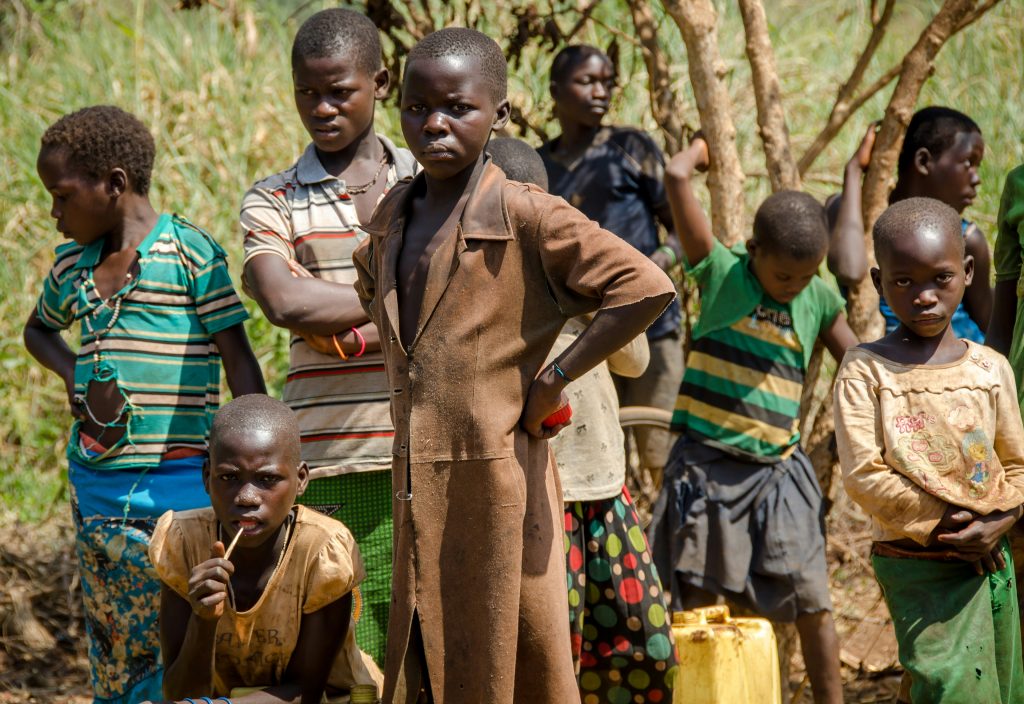African gut study reveals urbanization threatens microbial diversity
3 min read
African-led research reveals that urbanization is eroding gut health by reducing microbial diversity across the continent
African Gut Study Warns: Urbanization Is Stripping Away Microbial Diversity
A Landmark Study from African Scientists Shifts Global Focus
In a major stride for global health research, South African scientists have led a pioneering study revealing how urbanization across Africa is threatening gut microbial diversity. Conducted by Dr. Luicer Anne Ingasia Olubayo and Professor Scott Hazelhurst from the University of the Witwatersrand, in collaboration with Stanford University, the study provides an unprecedented glimpse into how African environments and lifestyles shape gut health.
Unlike most microbiome studies, which predominantly focus on populations in high-income Western countries, this research draws from real African experiences, creating a new, more inclusive lens through which to understand human biology.
Diverse Communities, Deeper Understanding
The study analyzed the gut microbiomes of 1,800 adult women from six communities across Burkina Faso, Ghana, Kenya, and South Africa. These women represented a wide spectrum of geographic and socioeconomic environments, from rural agricultural villages to densely populated urban centers.
The project, part of the AWI-Gen 2 Microbiome Project, focused on how cultural habits, diet, and proximity to the land influenced the diversity of gut bacteria.
“Other parts of the world have data from high-income countries,” said Dr. Olubayo, a postdoctoral researcher at the Sydney Brenner Institute for Molecular Biosciences. “But us being able to work on the African gut microbiome enables us to understand what a healthy gut looks like here — and establish a baseline for African populations.”
Geography and Urbanization: Major Drivers of Change
A central finding of the study is that geography — more than age or diet alone — was the most significant factor in determining gut microbial composition. Notably, rural West African communities showed greater microbial diversity compared to urban populations in South Africa and Kenya.
“In rural areas where people still engage in traditional farming and live close to nature, certain beneficial bacteria are preserved,” Dr. Olubayo explained. “They still face health challenges, but the richness of their gut microbiomes is far higher. That kind of diversity is protective.”
On the other hand, urban environments, with processed diets, reduced exposure to soil microbes, and reliance on antibiotics, showed a consistent loss in microbial diversity — a worrying trend linked to rising chronic diseases such as diabetes and inflammatory bowel conditions.
Why Microbial Diversity Matters

Gut microbial diversity is more than a scientific curiosity. A rich variety of gut bacteria plays a key role in:
-
Digesting food and producing essential nutrients
-
Regulating the immune system
-
Reducing inflammation and disease risk
A less diverse gut microbiome has been associated with metabolic disorders, weakened immunity, and a range of chronic conditions. “When we lose microbial diversity, we lose part of our biological defense system,” Professor Hazelhurst noted.
A Call for Decolonizing Health Research
Beyond its health findings, this study stands as a beacon for scientific equity. With Africa long underrepresented in genomic and microbiome research, the AWI-Gen 2 Project marks a step toward a decolonized global health narrative.
By building African-led research infrastructure and partnerships with local communities, the project proves that inclusive science can yield richer, more accurate global insights.
“This is about empowering African scientists to ask and answer questions that matter to African people,” said Dr. Olubayo.
Where Do We Go from Here?
As urbanization accelerates across Africa, researchers warn that the continent may see a continued decline in microbial richness — unless policies shift to protect traditional diets, reduce over-medication, and support healthier urban planning.
The team calls for increased investment in local microbiome research, education, and public health strategies that reflect the unique environmental and cultural dynamics of African communities.
“Urbanization is inevitable,” says Dr. Olubayo, “but losing our microbial allies doesn’t have to be.”





